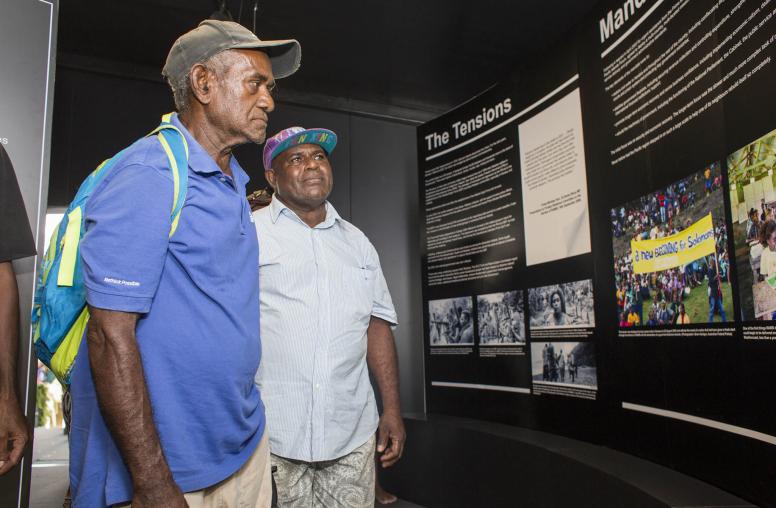Afghanistan: Players, Politics, & Prospects
Afghanistan
The Humanitarian Response

Northern alliance fighters sit in a truck near the opposition controlled town of Dasht-e-Qala in the Takhar province, Northern Afghanistan, Thursday, Oct. 18, 2001. (AP Photo/Misha Japaridze).
In the first in a series of planned discussions on the conflict in Afghanistan, experts discussed:
- Who are the regional and national players vying for control in Afghanistan? Who are the ethnic constituents, and how will their interests affect outcomes?
- Will prospects for regional & global stability improve with governance by the Northern Alliance, the exiled King, or a coalition of these, ethnic Pashtuns and others? Is there a role for the Taliban in future governance? Will short-term actions serve long-term goals of stability in Afghanistan and with its neighbors?
- How does intervention in Afghanistan help to define U.S. policy towards Central and South Asia, the Middle East, and global terrorism?
The presentation was followed by questions from the floor and the Internet audience.
Panel
- Patricia Gossman
Georgetown University & U.S. Institute of Peace Grantee - Karl F. Inderfurth
George Washington University
Former Assistant Secretary of State for South Asian Affairs - Anatol Lieven
Carnegie Endowment for International Peace
Former Senior Fellow, U. S. Institute of Peace - Ahmed Rashid (By Phone from Pakistan)
Pakistan, Afghanistan and Central Asia correspondent for
the Far Eastern Economic Review and the London Daily Telegraph
Moderator
- Deepa Ollapally
Program Officer, U.S. Institute of Peace




